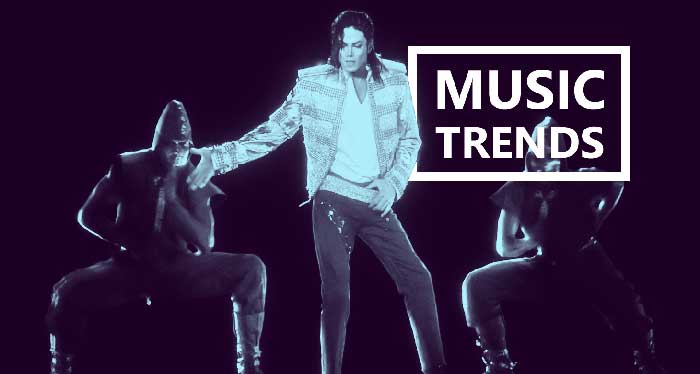How Technology Is Changing Music by Audio Realm Studios

There isn’t a single thing that advancements in technology hasn’t affected, and music is no exception. In a relatively short period of time, we’ve gone from cassettes to CDs to now downloading songs right to our phones. Here are a few more progressions in the music industry that you can expect to see in the coming year.
Music for Beginners
For anyone hoping to take that first step into creating music, the process is about to get a lot easier as companies are taking notice and catering to novice music makers. Innovative ideas like the Ampify’s Launchpad app or Roland’s GO: KEYS might be oversimplified, but their appeal and popularity speak for itself. Native Instruments received millions of dollars from a private equity firm last year to make music production more accessible. In a statement released by Native Instruments, they clearly detail that “Technology has democratized music-making over the past two decades; what was once held exclusively by recording studios is now available at home.” The trend of making music more accessible regardless of your ability level is predicted to continue well into next year.
Synthesizer Kits and Clones
Times are a-changing. Once the hardware behind iconic sounds found in electronic music required a collector’s budget, however now cloned classics are helping to increase artist’s access to beneficial tools. Another exciting advancement is DIY synth-making. These analog synth kits create opportunities for the more technically minded musicians of the world to create their own signature sounds.
Music and Metadata
Another emerging trend incorporates metadata – the basic data necessary to identify writers, performers, composers, producers, and others associated with creating music. The metadata will offer the opportunity for a database of music rights, ownerships, copyrights, and usage rights to be made easily obtainable to anyone. This means that artists, producers, record labels, and anyone else responsible for a track can assign rights and usage in real-time, making payments much faster and more accurate.
VR and AR
Augmented Reality is about to alter your concert experience in ways none of us can predict. AR creates the possibility to bring the thrill of a concert to fans in their own environment. Perhaps you can see butterflies flying overhead while in concert, or maybe you can feel like you’re inside the music video with your favorite artist while they perform on the stage. The popular music app Shazam has launched the world’s first scaled AR solution for major brands. These technological advancements all seem to have one thing in common, and that’s giving audiences and artists the upper hand in how we all experience music. Let’s hope that with the ease of talent distributing their art, more audience can connect with the music they love, while artists are better able to create art without a dependency on record labels and the pressure to sell records.
Find Out More
You may be wondering what exactly it will cost you to record your song or full-length album. The exact costs will depend on a variety of factors, including quality (demo or commercial release), how many instruments are involved, and whether you’re well-rehearsed. To find out more about our hourly rates and get an estimate for your project, feel free to contact our team! today.
